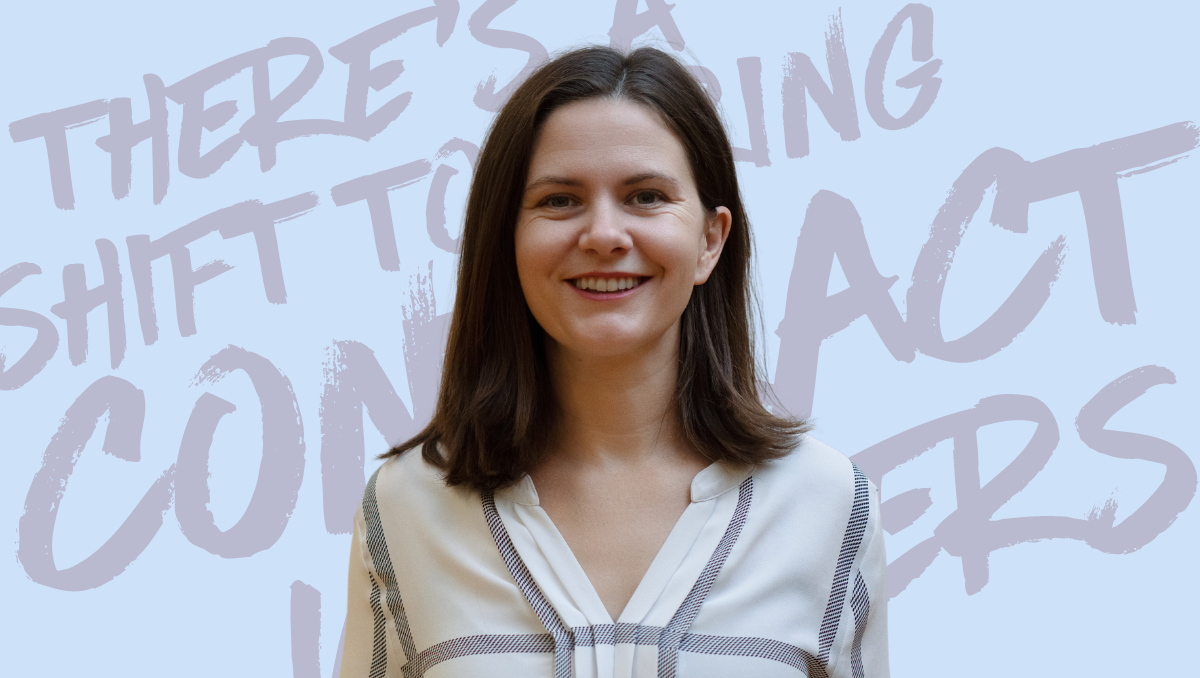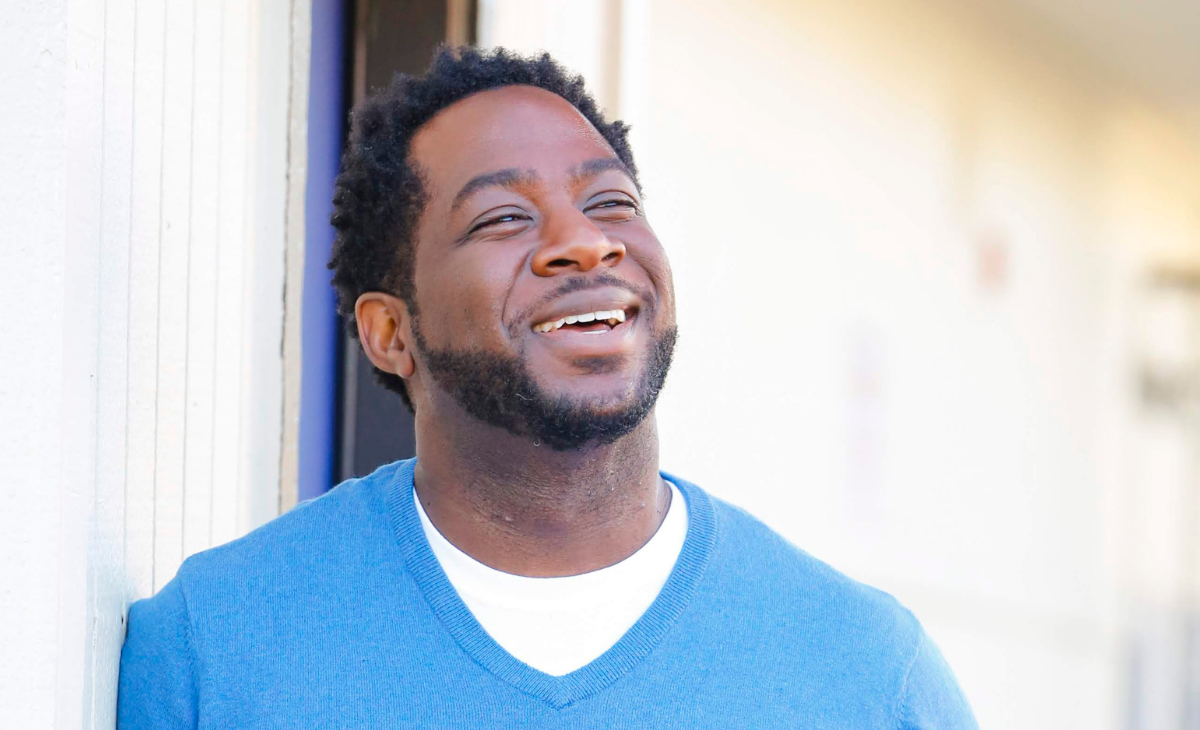Community spotlight – Jessica Wang
Tech workers from across the Bay Area have joined TechEquity’s network and given their time, skills, and financial support to make their communities more equitable. We’re proud of our growing community full of intelligent, passionate, engaged citizens, and we want to show them off.
Meet Jessica Wang
Jessica is a computational linguist working at an enterprise tech company. She loves music, poetry, and her recent pandemic hobby, crocheting.
What motivates you to fight structural inequities?
Honestly, at the end of the day, what motivates me to do any of the work that I’m doing with TechEquity or in my personal life goes back to being engaged with myself. I myself am a friend. I’m a daughter. I’m a sister, and I’m a neighbor. I’m also a citizen. I’m also a Chinese American woman, and there are a lot of factors that connect with those identities, a lot of issues that are shared by people who hold the same identities as me. It’s important for me to remember who I am in those ways. I’m not just myself to the people I know, but also people who maybe don’t know me and still share some experiences with me. Whether that’s updating BART station tech or ensuring equitable internet access, it’s important to remember that I’m a part of the community at large.
Why should tech workers care and get involved in these issues?
I think that tech workers should care for the same reasons that everybody should care. Tech workers in particular have a unique position because our labor is powering some of the world’s most influential and impactful industries and products. So, what we do, what we choose to do, and what our visions are for our products, projects, and companies, those have a lot of weight. Our decisions and labor have an outsized impact on the rest of the world, so we have an extra responsibility to care.
It’s important for tech workers to think about their own communities and how they can participate. The tech industry as a whole has tons of power, but that power of the industry is enabled because we have people with bright minds and clear visions powering that industry. Tech workers should feel empowered in themselves, if they can put their minds together to create products that are as indispensable as Facebook, Instagram, Twitter, and more, they have the ingenuity to help build a civic future that is just as indispensable to future generations.
What does civic engagement mean to you?
Civic engagement is a complicated thing. I think it’s a living thing. It’s both a set of actions and a mindset for me. For me, civic engagement is about remembering that I am a neighbor and a citizen who has my own individual privileges and skills. If I remind myself that I’m a neighbor and a citizen, then engaging with news on the daily has a lot more personal stake and investment.
In addition, I think that civic engagement also looks like keeping my ears open to difficult conversations with folks in my community who may not share the same views as me. Civic engagement means really connecting with folks who have great ideas that I would like to be involved with, like TechEquity. One of the great things about civic engagement is that it has the space to change as I do, as my community does.
Why do you give your time to TechEquity?
I first found out about TechEquity through a major moment of political awakening, at the beginning of the pandemic. The pandemic made me reflect, as I’m sure many people did, on the privileges I’ve been afforded in my life and how unjust it is that others don’t get the same. It has impacted me a lot and continues to impact the choices I make, from the media I consume to the way I use my time.
I really appreciate the way TechEquity communicates its values and the lens through which they examine current events. I’m also very interested in the civic tech projects they’re working on; being able to apply my technical skills to the issues I care about is really exciting to me. TechEquity is able to create a really nice space where people can listen, speak up, and involve themselves in this really flexible and welcoming way, and I think that’s the best way to foster civic engagement.





